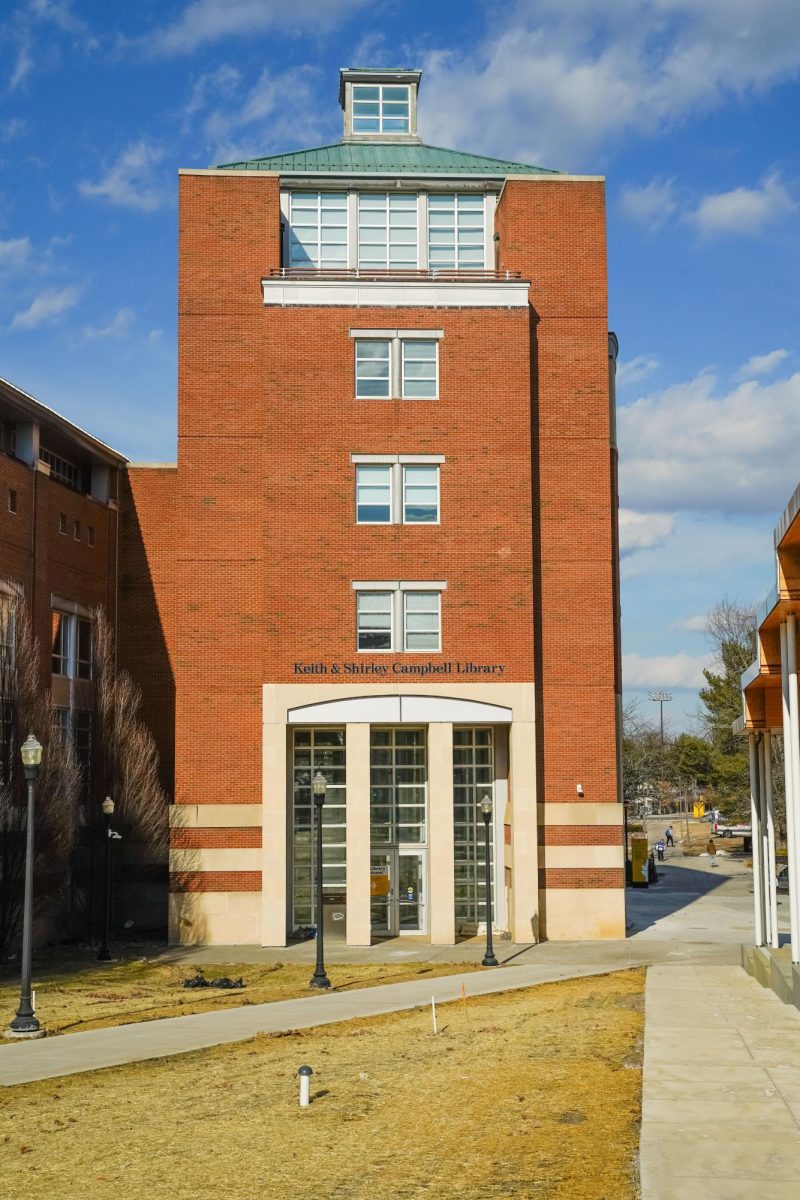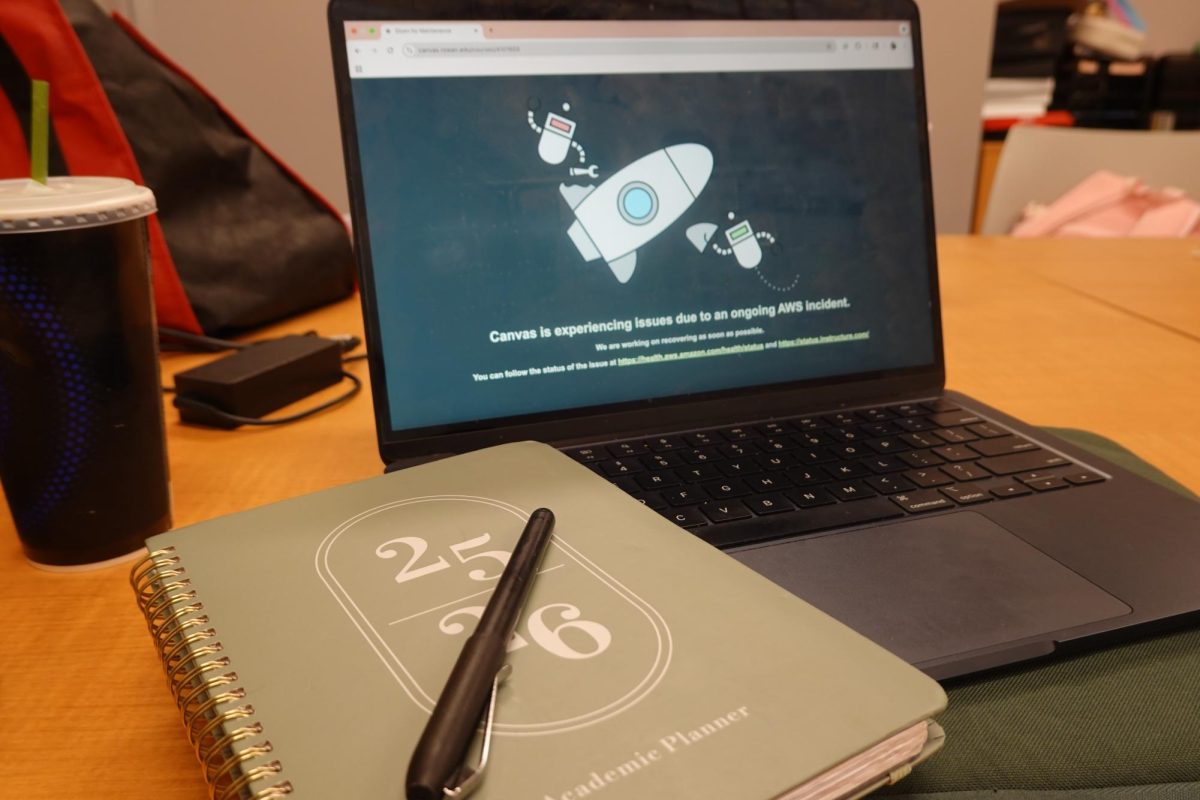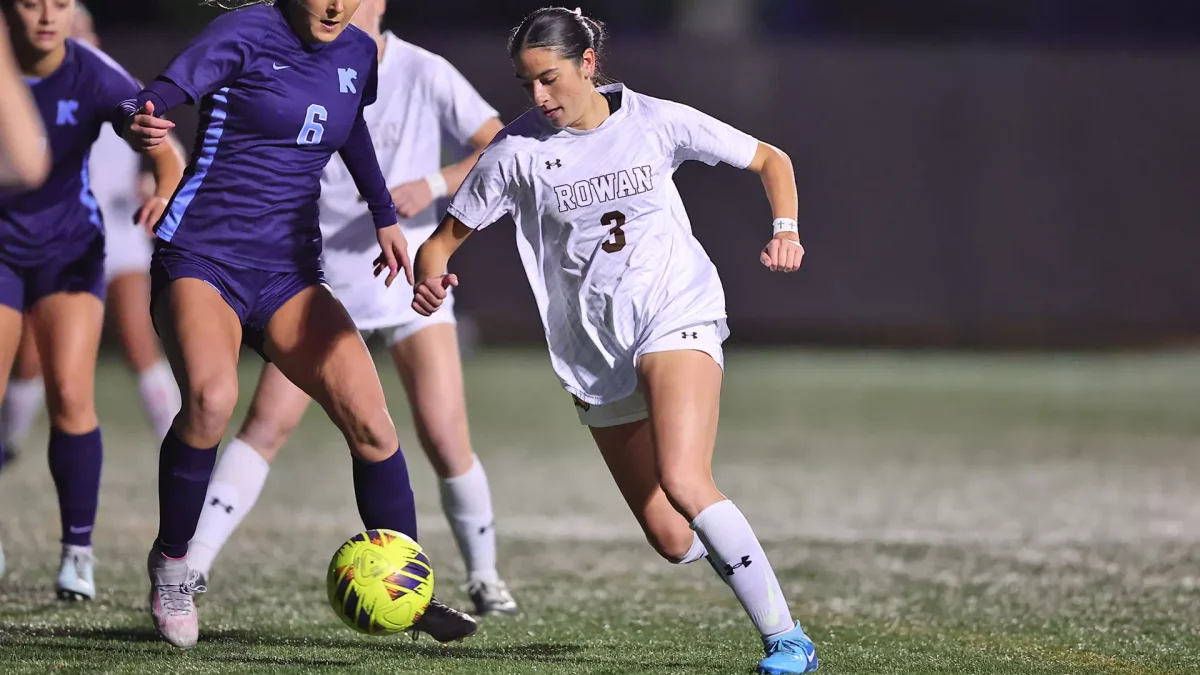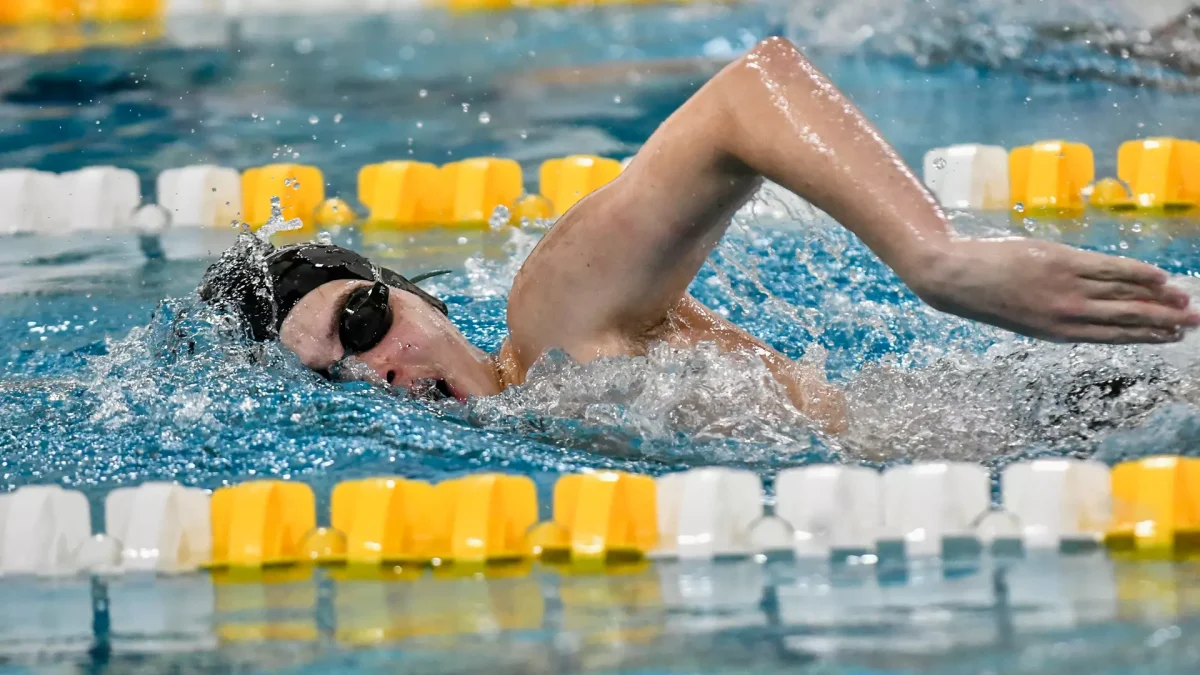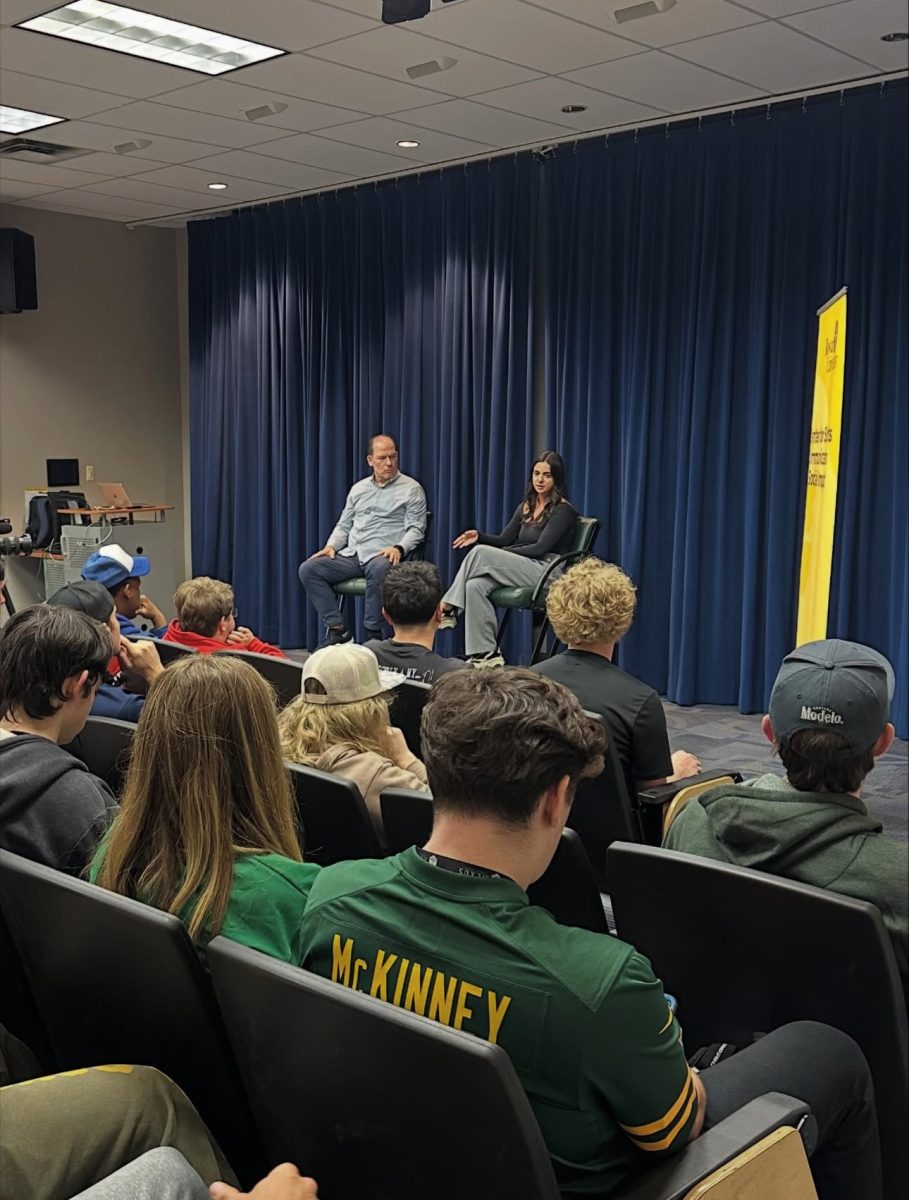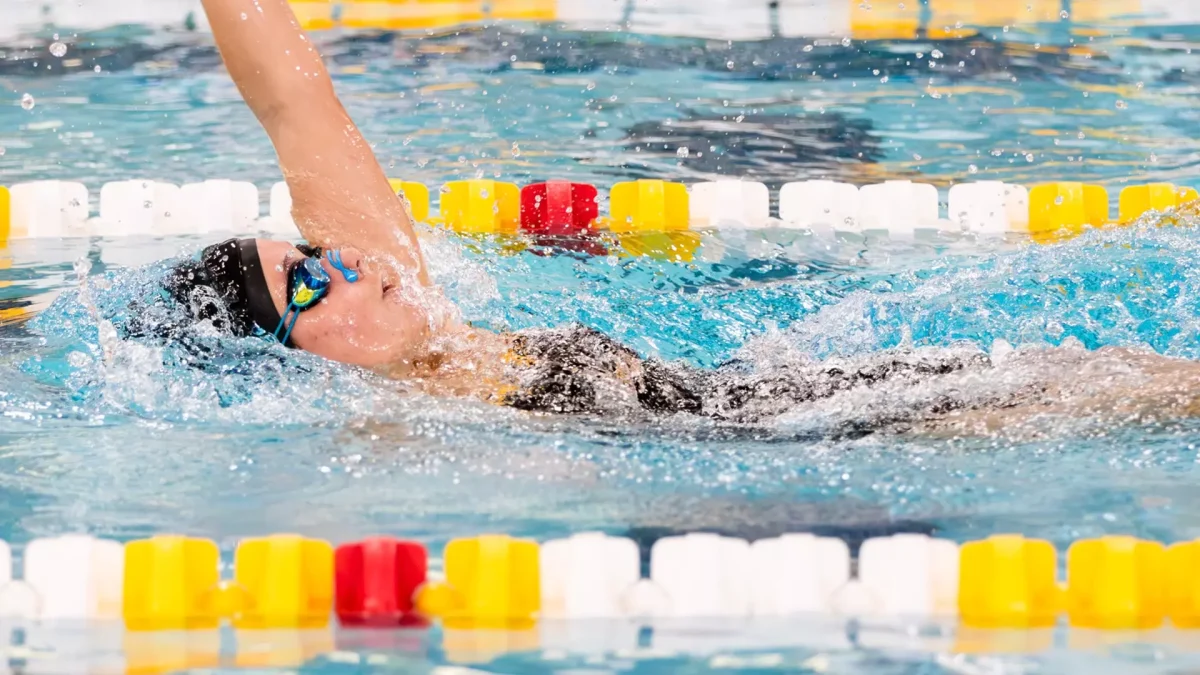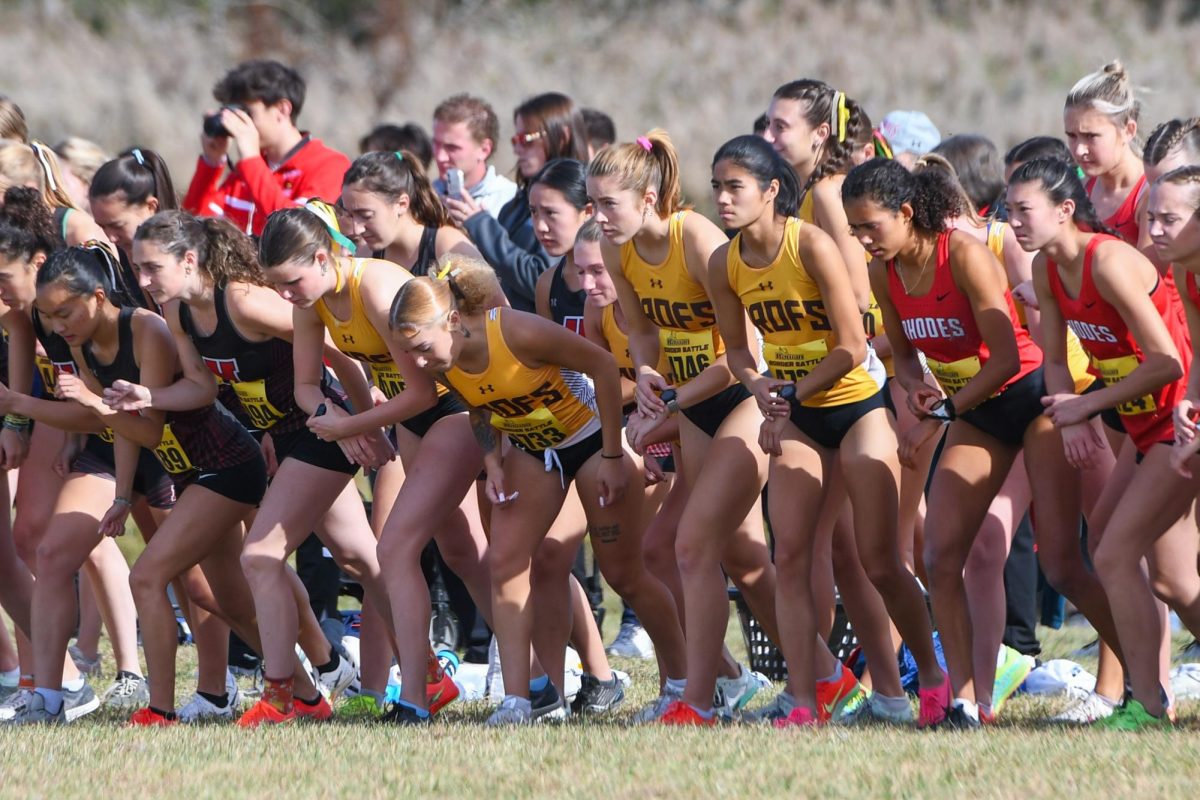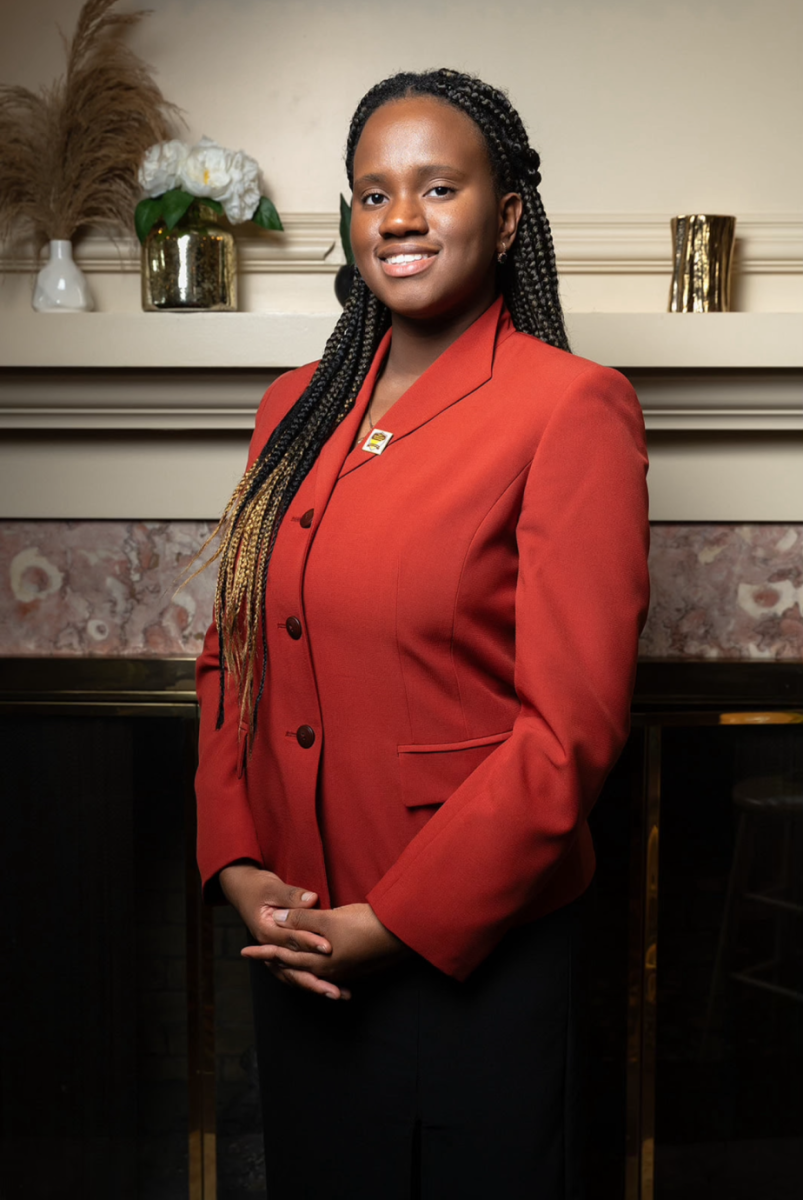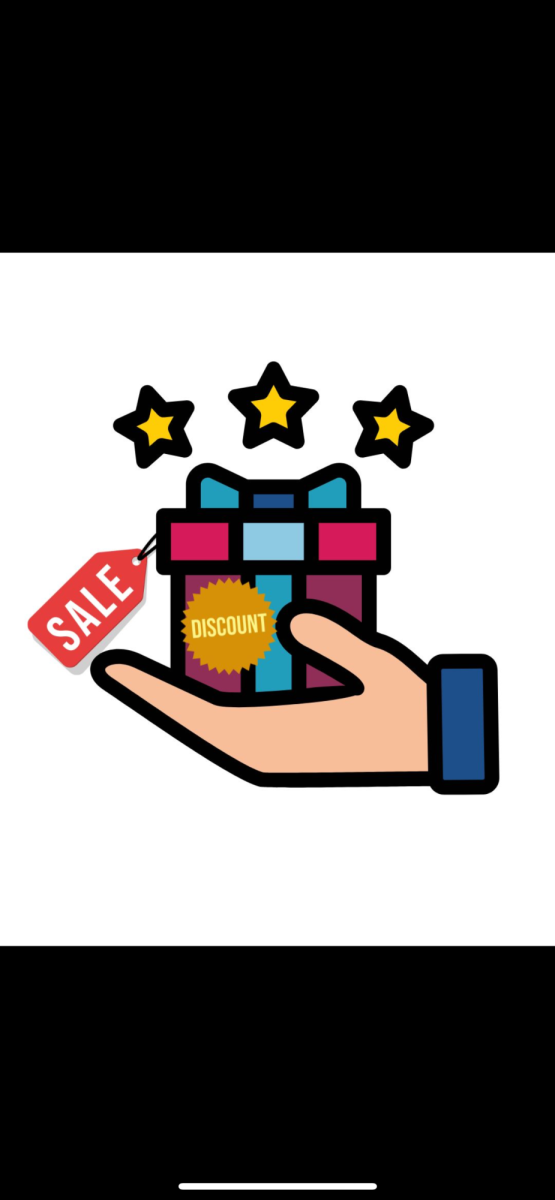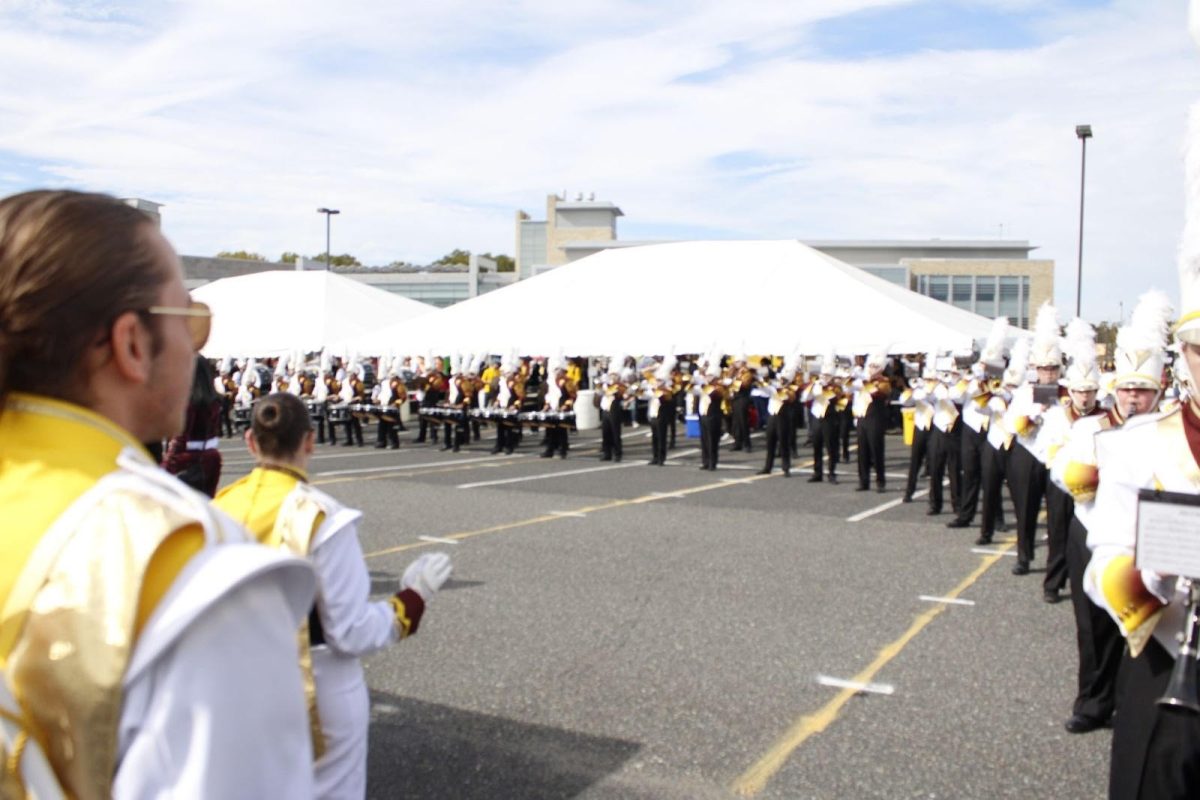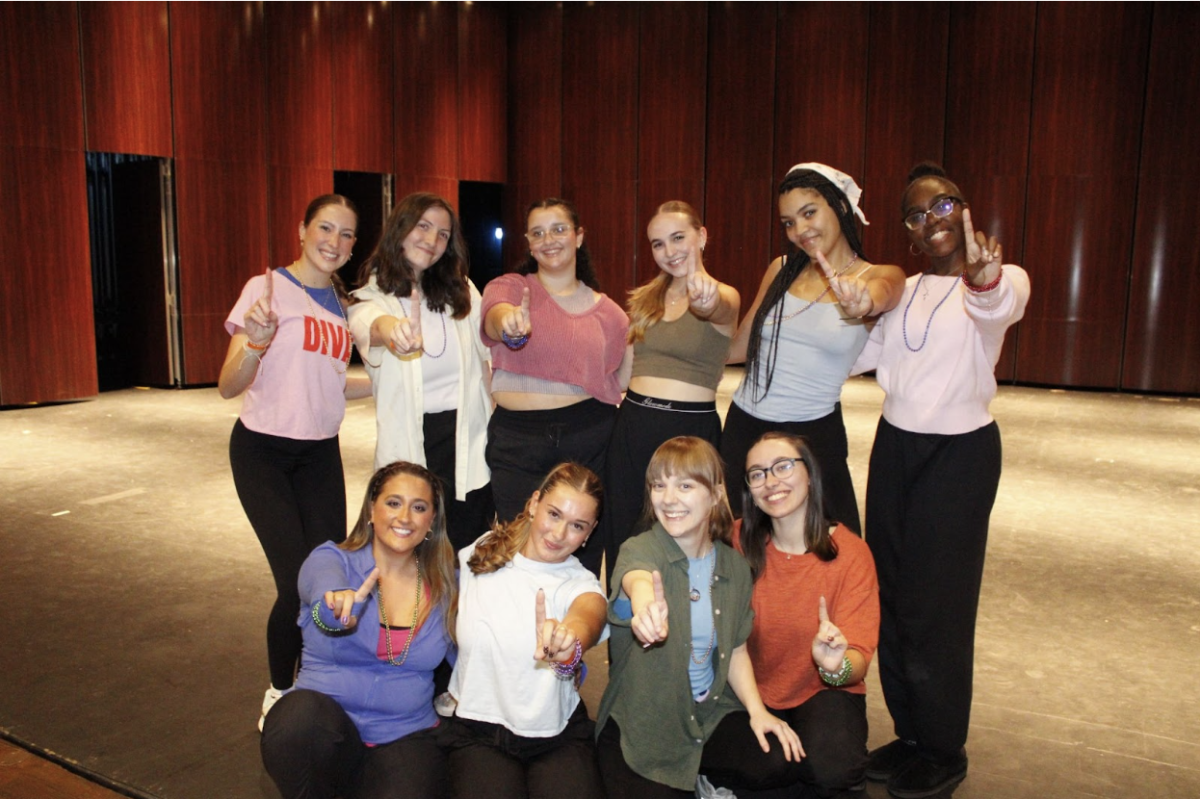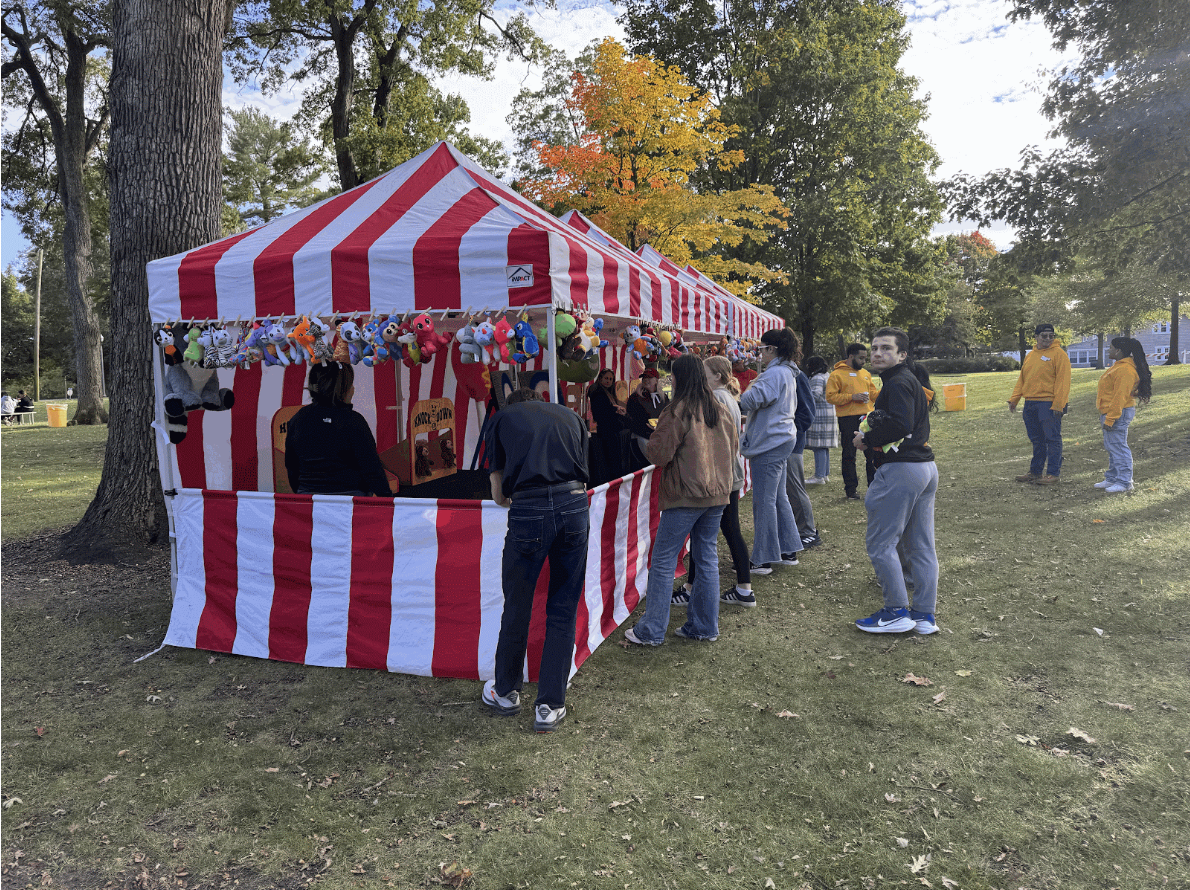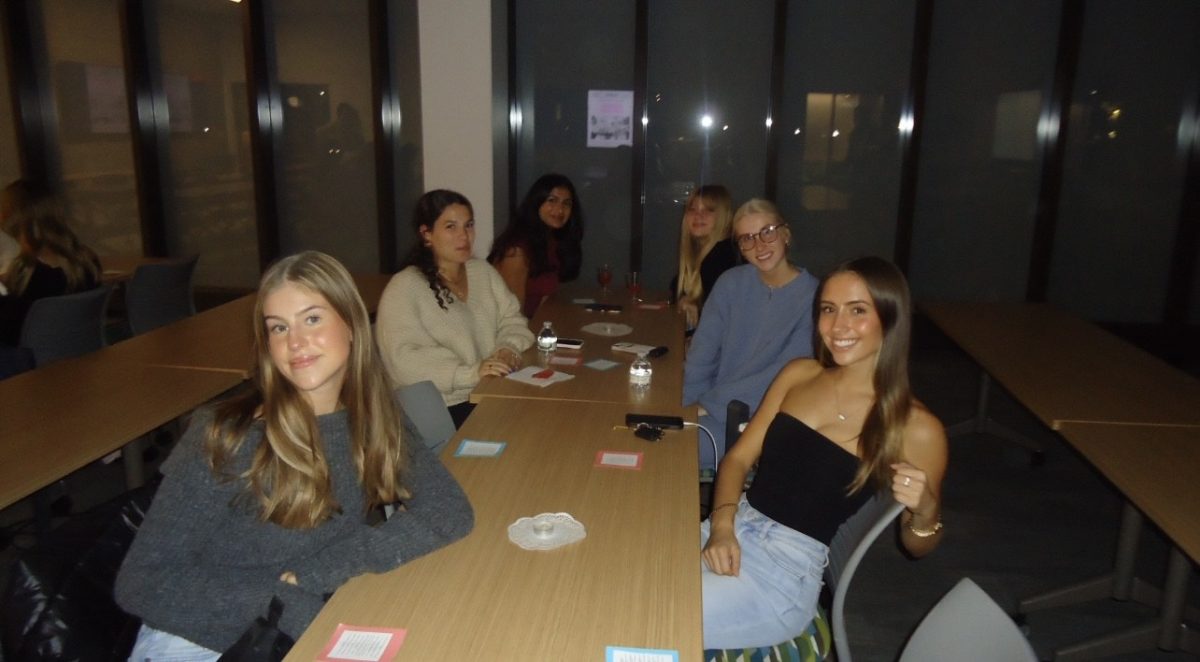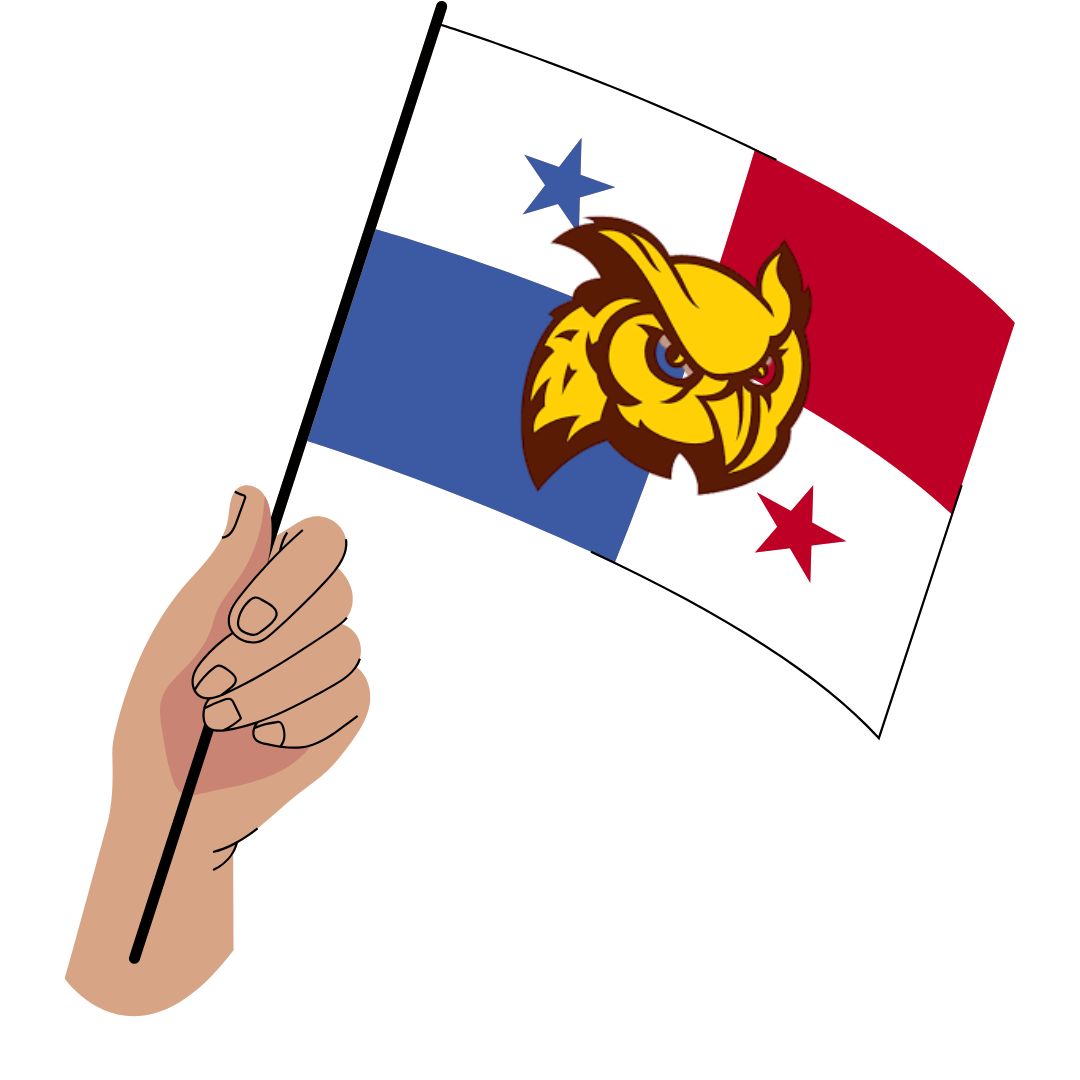Over 22,000 students from all over the world call Rowan University home. According to the Office of International Admissions at Rowan, 5 percent of these students are international students. Within this group is a small cohort of Panamanian students here to learn English, earn a bachelor’s degree, or do both.
These students aren’t typical international students who may pay out of pocket, or specifically come to Rowan for individual reasons. Rather, the Panamanian students at Rowan were sent and sponsored by a program in their country’s government called the Institute for the Development and Training of Human Resources, receiving full tuition scholarships to attend college in the United States. This scholarship is called Transformando Vidas Academic Merit Scholarship, and there are thousands of Panamanian students at universities all across the United States who are attending school because of this scholarship.
Transformando Vidas provides various types of scholarships, but here at Rowan, Panamanian students have either a five-year scholarship, where they spend one year learning English and four years earning their bachelor’s degree, or students have six-month scholarships, where they are only here to learn English. Students in the five-year scholarship program are required to work for the Panamanian government for at least five years. The Panamanian government created this scholarship program with the intent to elevate top students from lower socioeconomic backgrounds by providing them the opportunity to get a college education and study abroad.
Angeli Rodriguez is a Panamanian student who arrived at Rowan last October. She is currently in the English Language Program and plans to start courses to earn her degree in mechanical engineering next fall.
“I am the fourth person from my school to receive the Transformando Vidas academic merit scholarship,” said Rodriguez. “I learned about it through the first students who were awarded the scholarship, even though they are attending other universities in the United States.”
The transition from life in Panama to a student in the United States is not easy for the Panamanian students. They are suddenly immersed into a new country, into a new culture, and they have to learn how to quickly learn a language they don’t know in order to integrate into society.
Some Panamanian students have been able to overcome the language barriers through creating friendships with native English-speaking students and forming an informal skill-share. The English-speaking friend helps the Panamanian student with their English speaking skills, and the Panamanian student helps the native English speaker with their Spanish. Practice feels natural because the English speaker and the Spanish speaker are friends and able to practice while doing the normal things that friends do.
“The biggest challenge I faced was the language barrier. However, my main goal here is to overcome that obstacle so I can perform at my best in everything I do,” said Rodriguez. “[Having a speaking partner] has made me feel more comfortable and confident when speaking.”
Lucas Wittenburg is a native English speaking student and a freshman neuroscience major with hopes to become a psychiatrist in the future and work with Spanish speaking populations. He formed friendships with a few Panamanian students and has been able to improve his Spanish speaking skills while giving the opportunity for the Panamanian students to refine their English speaking skills with a native speaker.
“I was first introduced to one of [the Panamanian students] after one of my close friends bumped into one at Pfleeger Hall. They became friends and then [the Panamanian student and I] were introduced,” said Wittenburg. “She was already proficient in English, and I was consistently impressed with her English vocabulary.”
Wittenburg plans to pursue a career in psychiatry, specifically in the area of mental health care in poor communities. He has noticed a significant gap in mental healthcare resources and treatment for those living in impoverished communities, especially among Spanish-speaking populations.
Wittenburg said, “I had already wanted to learn Spanish because I want to work with patient populations in areas like Camden and Trenton that lack mental healthcare resources, and …meeting her gave me a cultural link to Spanish as a language. Learning about her culture and Panama’s history gave me a different view that helped me connect with my intrinsic desire to learn Spanish.”
According to The United States Census Bureau, as of 2019, there are over 41 million native Spanish speakers in the United States, making it one of the most common languages spoken in the United States that is not English.
Wittenburg highly encourages students who are interested in learning Spanish to form connections with Panamanian students on campus. Speaking partnerships don’t have to be formally created, but they are often best fostered by beginning with friendship.
“Don’t be intimidated. I notice that I often speak less Spanish around [my Panamanian friends] because I am worried about them judging my Spanish, but recognize that most of, if not all of, Spanish speakers are happy to help you learn and connect with you in their language,” said Wittenburg. “Just because you can’t speak it fluently does not mean that you are being disrespectful. Trying your best to speak Spanish around a native speaker and learning through conversation is one of the best ways to learn, and it shows that you are trying to connect to them in a personal way.”
Rodriguez also had some advice for English speakers interested in improving their Spanish conversational skills through finding a speaking partner.
“Interact without fear of the language barrier. Communication may be limited at first, but it improves over time,” said Rodriguez. “I also think it helps to take an interest in other cultures and even in the native language of the person learning English. In the end, knowing multiple languages opens doors, and having a language partner makes learning faster and more enjoyable.”
For comments/questions about this story DM us on Instagram @thewhitatrowan or email [email protected]



